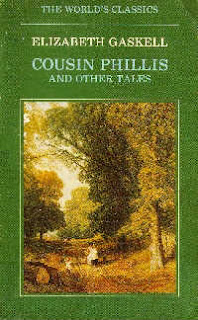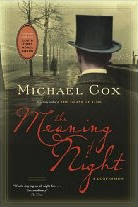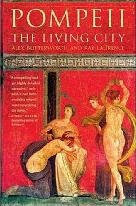Victorian Challenge #5
 In “Lizzie Leigh” a new widow finally has the chance to go to the city in search of her lost daughter. “The Old Nurse's Story” is a woman’s recollection of the strange events in the first house she worked in. Years of regret and repression come to a head in “Half a Life-time Ago.” The historical story “Lois the Witch” shows how even bad ideas can take hold of a community, fuelled by fear and self-interest as much as by belief. A family struggle to deal with a good-for-nothing relative in “The Crooked Branch.” “Curious, If True” is a fairy-tale maybe-dream of a gentleman lost in the countryside. And “Cousin Phillis” is the story of a young railway worker's friendship with his newly-discovered cousin and the simple mistake that changes both their lives.
In “Lizzie Leigh” a new widow finally has the chance to go to the city in search of her lost daughter. “The Old Nurse's Story” is a woman’s recollection of the strange events in the first house she worked in. Years of regret and repression come to a head in “Half a Life-time Ago.” The historical story “Lois the Witch” shows how even bad ideas can take hold of a community, fuelled by fear and self-interest as much as by belief. A family struggle to deal with a good-for-nothing relative in “The Crooked Branch.” “Curious, If True” is a fairy-tale maybe-dream of a gentleman lost in the countryside. And “Cousin Phillis” is the story of a young railway worker's friendship with his newly-discovered cousin and the simple mistake that changes both their lives.
This was the only collection of short stories on my Victorian Challenge list, and I enjoyed all of them. Gaskell tends not to do what you might expect; if you think you know what will happen you’ll have to think again. What can be expected, if you’ve been around this blog for a while, is that the second story was my favourite. I love my ghost stories, and this one was nicely eerie and strange. I’ve made a mental note now to get hold of whatever other spooky tales she's written.
Another favourite was “Lois the Witch.” The spread of the witch-hunting fervour through Salem made me think of the modern climate doomsday hysteria - it’s a similar pattern of a notion taking on a life of its own as it spreads, and being adopted and believed for a variety of reasons, not all of them well-intentioned. I liked Lois and the persistent common sense she showed in the strange new world in which she found herself, and the chaos which soon surrounded her. Also I was impressed by the clarity with which Gaskell showed how the witch craze started and was accepted by otherwise rational people.
If you want to get started on the classics but feel daunted by the size of some of them, these tales would be an excellent place to start. Short as they are, they’re divided into chapters, so you can take your nineteenth-century wordiness in small doses (and Gaskell is nowhere near, say, James or Dickens in the wordiness stakes). Gothic, historical, fantasy, quiet lives in the English countryside - there’s something here for everyone.
Rating: B+
























